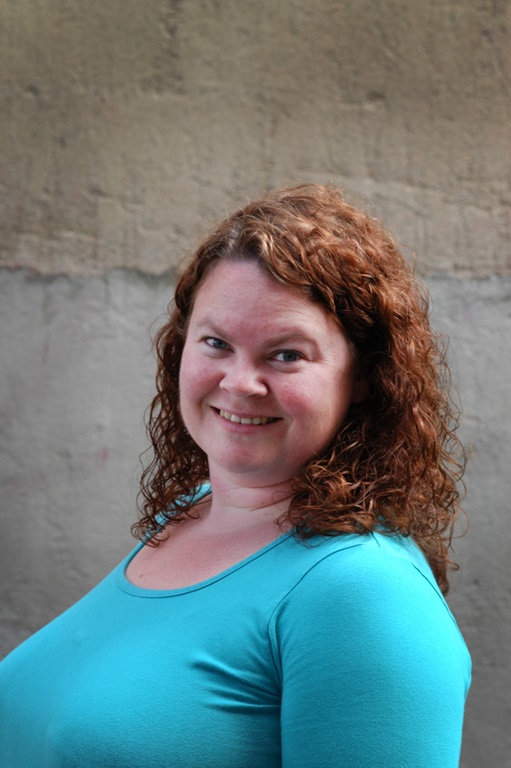"I grew up in The United Methodist Church in Stavanger in western Norway," begins the Rev. Hilde Marie Øgreid Movafagh. "Now I live outside Oslo and am a member of Bjølsen United Methodist Church, which I also served as a pastor for many years before reentering life at the seminary."
Since 2010, Movafagh has served as a research fellow at the Norwegian School of Theology and the United Methodist seminary in Oslo. Now working on her doctoral degree, she will become dean of the seminary in January 2017.
Several years ago, she participated in a seminar at the United Methodist Building in Washington, and a Young Adult Clergy Forum the following week.
"That gave me a lot of insight in how the General Board of Church and Society works and input on how our Social Principles can be lived out in a context other than my own," she recalls. "Getting new ideas and meeting people was a true benefit." She still maintains contacts with forum participants.
The experience proved enlightening for Movafagh.
"I still remember the state budget as a moral document, though I had never thought of it that way," she says. "I saw how the church can affect politicians and political decisions in a way that we don't have a culture for in Norway. I also remember meeting some homeless people, hearing their story, and then how social justice means – besides providing relief for them, of course – to analyze their situations, find out what leads to their trouble and then work on how to fix the system. The outcome of such an analysis would be very different in Europe, but the process is comparable."
She still applies her learnings today.
"All these stories are important examples," Movafagh says, "when I teach social holiness, social justice and the Social Principles. It helps broaden my teaching of what social holiness means in different contexts.
"I think it is really important to see social justice as part of our theology and spirituality. It helps challenge pious church people into new kinds of ministry [and] helps committed youth and others – who fight for animal justice, for refugees and for equal rights for marginalized groups – to connect their involvement to their faith."
Movafagh considers such connections crucial.
In the Central Conference Council of The United Methodist Church in Northern Europe/Eurasia, Movafagh is in charge of continuing education for pastors.
"What we have achieved," she says, "is a theology book, What Is Methodist Identity Today? Our next book is in the making, concerning social holiness, diakonia and current challenges in our world today. So social justice seems to pop up in all my work!"
As for the future of United Methodism, Movafagh says she hopes "that it will be a thriving church with many, many cultural expressions. I hope that Wesleyan theology will take a lot of different shapes so that our church can be one of social holiness in many relevant ways throughout the world."
Barbara Dunlap-Berg is general church content editor at United Methodist Communications.
RELATED ARTICLES
Helping millennials find a passion for justice
Intern Memories: The Rev. Laura Bensman
Intern Memories: The Rev. Joseph Kim
Intern Memories: The Rev. Kathleen Kind
Intern Memories: Joshua S. Kulah

